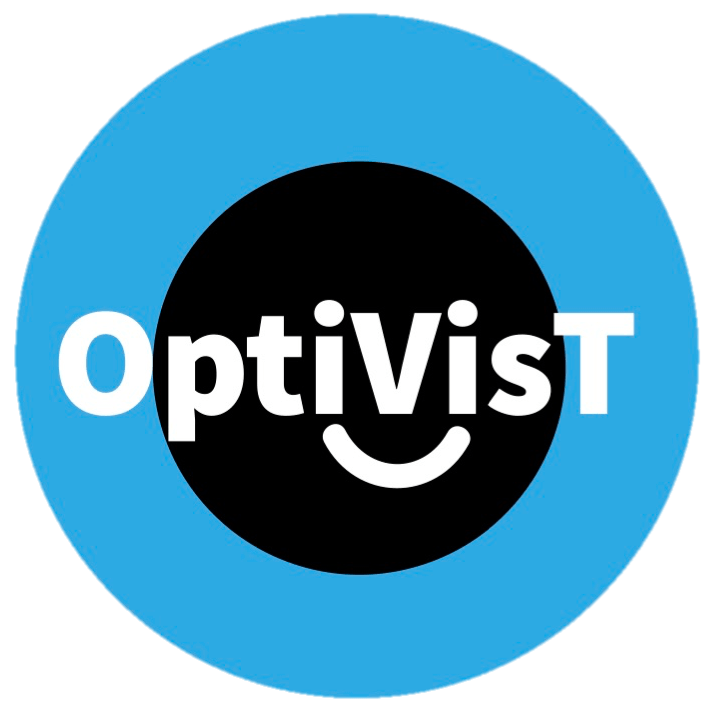PROJECT 7
Assessment of functional vision for daily life locomotion and navigation using VR
Why? Mobility can be critically affected in patients with eye diseases and thus fundamentally reduce their quality of life (QoL). Still, clinical examinations currently fail to integrate such mobility aspects. Consequently, there is a need for tools to determine the effect of visual impairment on functional vision during daily locomotion, specifically on gait control, body movements and navigation.
How? The project aims to develop, validate and apply tools for novel visual function testing via eye- and body-movement parameters and navigation tasks in an immersive virtual reality (VR) environment. In this way a link of locomotion abilities to visual impairment, e.g. visual fields, visual acuity, contrast sensitivity and its relation to QoL will be established.
Where? The project is run by the Visual Processing Laboratory at the Ophthalmic Department of the Otto-von-Guericke University (Magdeburg, Germany) known for its large, vibrant neuroscience community. As part of an enthusiastic interdisciplinary research team, supervised by Prof. M.B. Hoffmann you will benefit from the wide academic exchange in national and international scientific networks, including secondments to academic and industrial partners in DK and NL.
What can you expect to learn and experience? You will receive project-specific in-depth expert training including immersive VR, function testing and pathophysiology in ophthalmology, vision science.
Who are we looking for? You are exceptionally motivated to pursue a career in neuroscience and have a great interest in clinical and basic vison science. Strong programming skills (e.g. R, Python, MatLab) and experience with quantitative neuroscience are essential requirements. Experience in systematic data-acquisition is a plus. Candidates with a background in vision science, neuroscience, neuroimaging, experimental psychology, ophthalmology, biology, physiology, physics, or related areas will be considered.
References
- Eick C, Ahmadi K, Sweeney-Reed C, Hoffmann MB (2019) Interocular transfer of visual memory - influence of visual impairment and abnormalities of the optic chiasm. Neuropsychologia 129:171-178
- Gameiro RR, Jünemann K, Herbik A, Wolff A, König P, Hoffmann MB (2018) Natural visual behavior in patients with peripheral visual field loss. Journal of Vision 18(12):10
- Arngrim N, Hougaard A, Ahmadi K, Vestergaard MB, Schytz H, Amin FM, Larsson HBW, Olesen J, Hoffmann MB, Ashina M (2017) Heterogenous migraine aura symptoms correlate with visual cortex fMRI responses. Annals of Neurology 82:925-939
Project output
No output yet.

